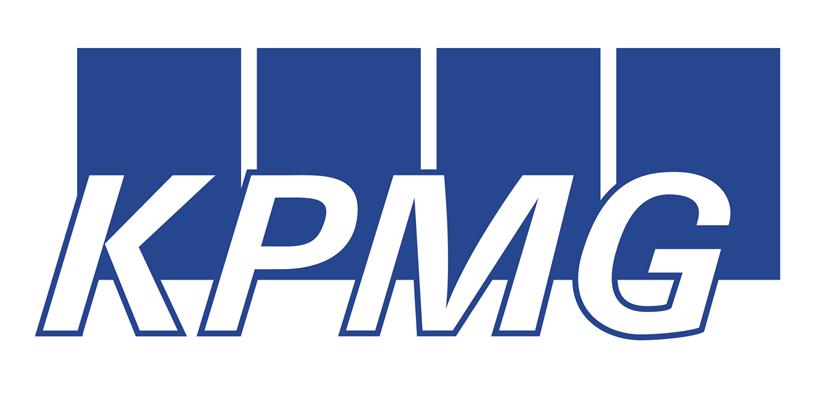Cost conscious consumers are driving car manufacturers to focus on smaller engines and cleaner, more efficient vehicles, according to KPMG International’s 2014 Global Automotive Executive Survey.
The downsizing of engines, driven by consumer cutbacks, is one of several significant influences shaping the global automotive sector. Automakers are undergoing changes on many other fronts: fuel efficiency being the number one priority for cash-strapped consumers, the rise in popularity of hybrid cars in the e-vehicle race, the continued emphasis of mobility solutions and technology as critical to original equipment manufacturer survival in the automotive value chain, and the increasing power of Brazil, Russia, India and China.
“Continuing consumer concern with fuel efficiency and pollution is urging automakers to focus on plug-in hybrid engines for the near future,” said John Leech, KPMG’s UK head of automotive.
“Since the development of e-vehicle technology takes time, in parallel, automakers are also maintaining a strong grasp on downsizing the internal combustion engine, which is expected to deliver substantial improvement in fuel efficiency during this decade.”
Ninety-two percent of respondents say that fuel efficiency for cost reasons is the primary factor in vehicle purchasing decisions, as consumers vote with their wallets in the face of fast-increasing prices at the petrol pump; the same consensus as the KPMG 2013 global auto survey. Enhanced vehicle lifespan has risen in importance for the third consecutive year, with 70 percent of respondents citing this factor as influential.
Environmental concerns such as reducing CO2 emissions are still important to the consumer, but slipped from second place in the KPMG 2012 global auto survey to fifth this year.
Consumer preferences for alternative fuel technologies have taken a lower priority in the quest to economise. Fewer than half of respondents feel that this factor is critical to buyers. Furthermore, more than seven out of ten say state-subsidies for e-car sales are key to further expansion.
Plug-in vehicles are expected to attract the greatest demand of any e-vehicle, for North American, (western) European and Japanese and the BRIC markets. Fuel cell vehicles are also experiencing a rise in popularity with 69 percent of respondents considering this technology as critical to future growth by the end of the next decade.














Login to comment
Comments
No comments have been made yet.